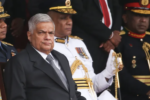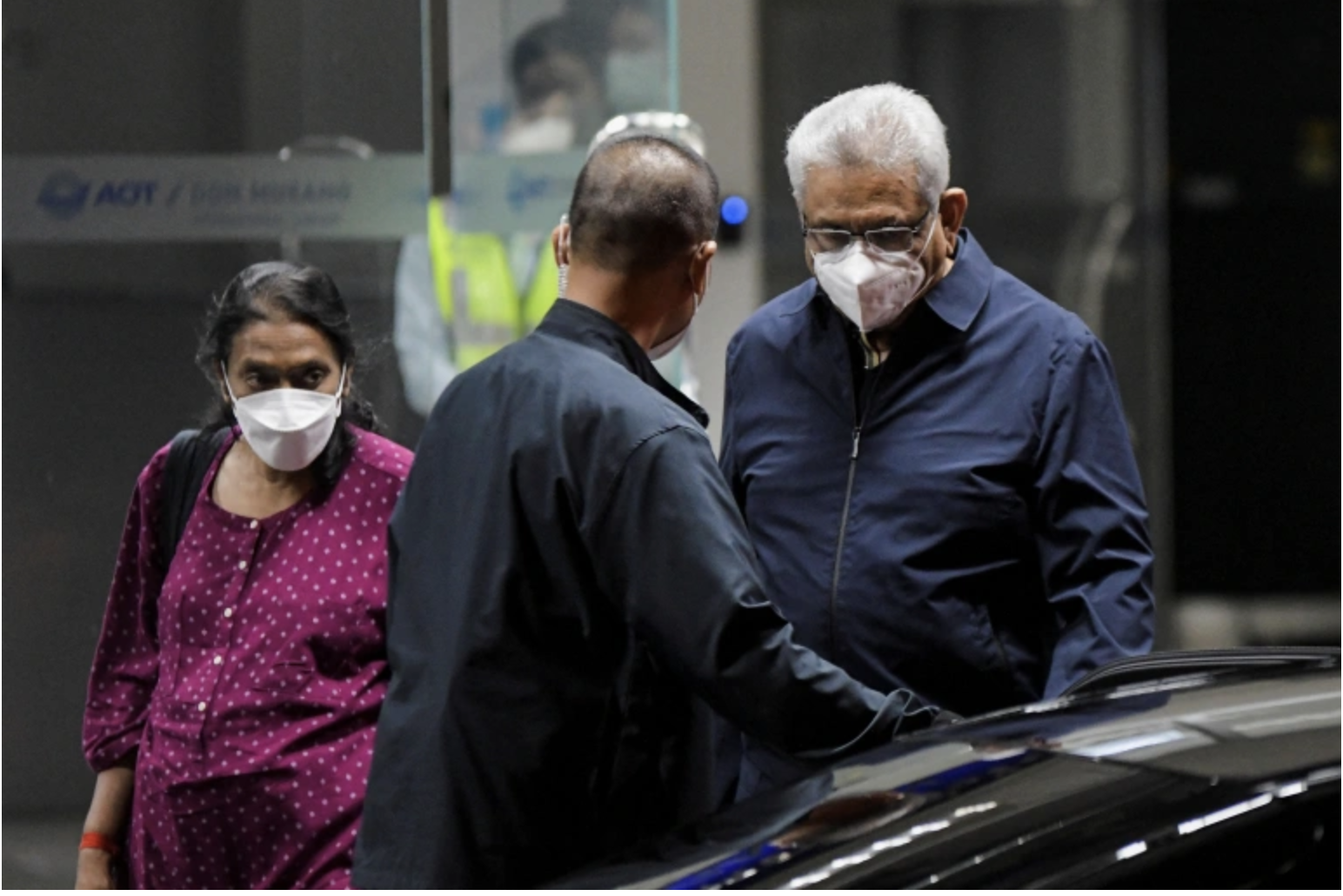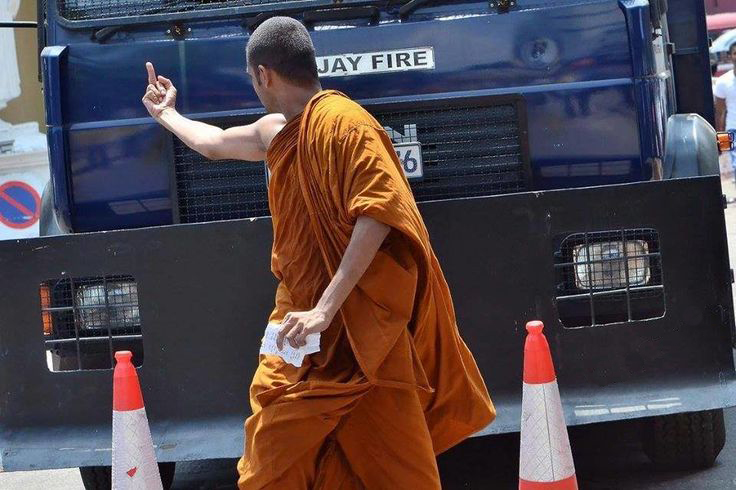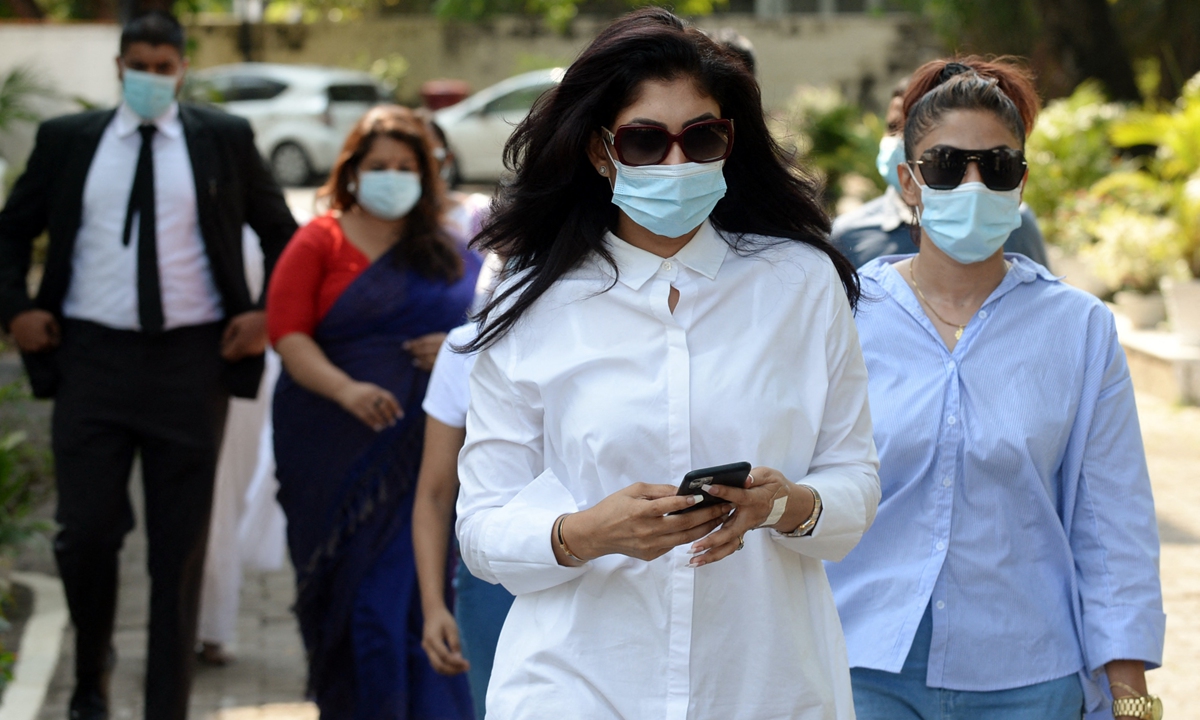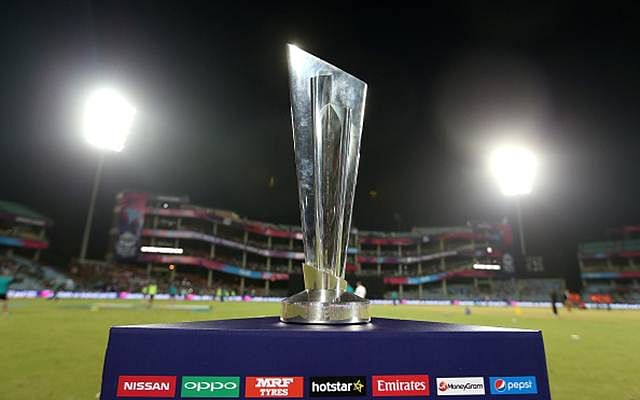Politics of Saffron Robe
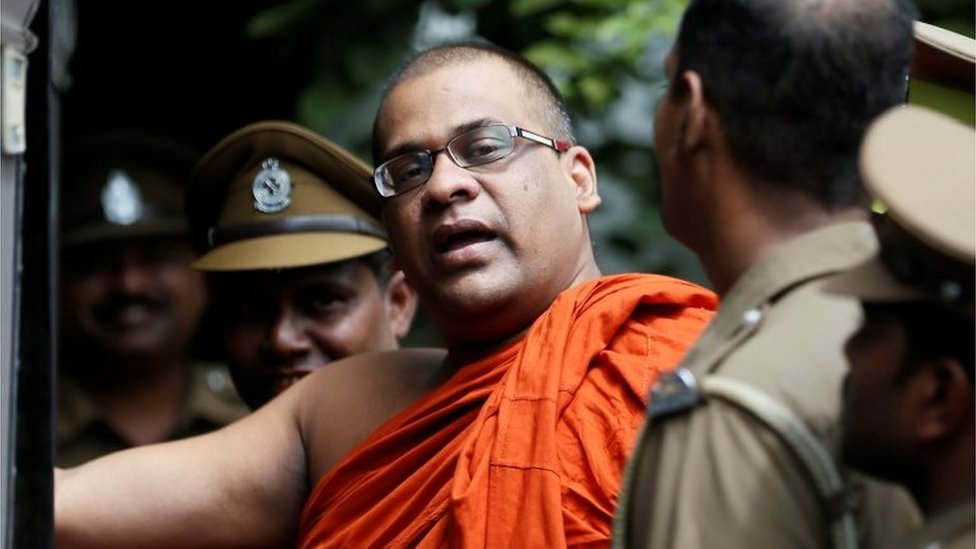
Monks making entry into politics
In Sri Lanka, Buddhism is a pivotal factor in day to day life of the people. Sri Lanka is considered the repository of Dhamma in its pristine state. Sri Lanka which is predominantly a country with a majority of Buddhists, has given prominence to Buddhism by the supreme constitution of the state. People of Sri Lanka follow the Theravada school of Buddhism which advocates renunciation of worldly pleasures for spiritual well-being. Similarly, Buddhist monks of Sanga order are duty bound to propagate the message of Buddhism thereby leading an exemplary and virtuous life at temples. In early 2000, the country was plagued by an unfavorable situation due to a wave of unethical conversions orchestrated by Christian fundamentalists. This has created a tense stand-off between traditional Buddhists and Christian fundamentalist elements as it was mostly Buddhists who fell prey to this swindle. At the same time, another vociferous monk was making headway to revive Buddhism through his discourses which attracted the attention of aggrieved Buddhists. So, Ven Gangodawila Soma Thero became a legendary Buddhist Monk among Sri Lankans as a messiah who committed to preserve the Buddhist philosophy in its original form. He was critical of some rituals which Buddhists blindly embraced. So, he became immensely popular among masses and was an impetus to the emerging Buddhist revival. However, this Monk passed away unexpectedly in 2003 while in St Petersburg, Russia receiving an honorary doctorate. His untimely death was shrouded in controversy as he died of a heart attack under suspicious circumstances. This has culminated in the revival movement turning into a political party led by some young Monks. They formed a political party under the name of Jathika Hela Urumaya (National Sinhala Heritage) and successfully contested 2004 General Election securing 9 seats on its first attempt at bigtime politics. Therefore, nine Buddhist Monks entered the Parliament, the august assembly of the country on JHU ticket. This is how Buddhist Monks in saffron robe made their first entry into mainstream politics, changing their way of life towards materialism in contrast to Buddhist teachings which Lord Buddha espoused 2600 years ago.
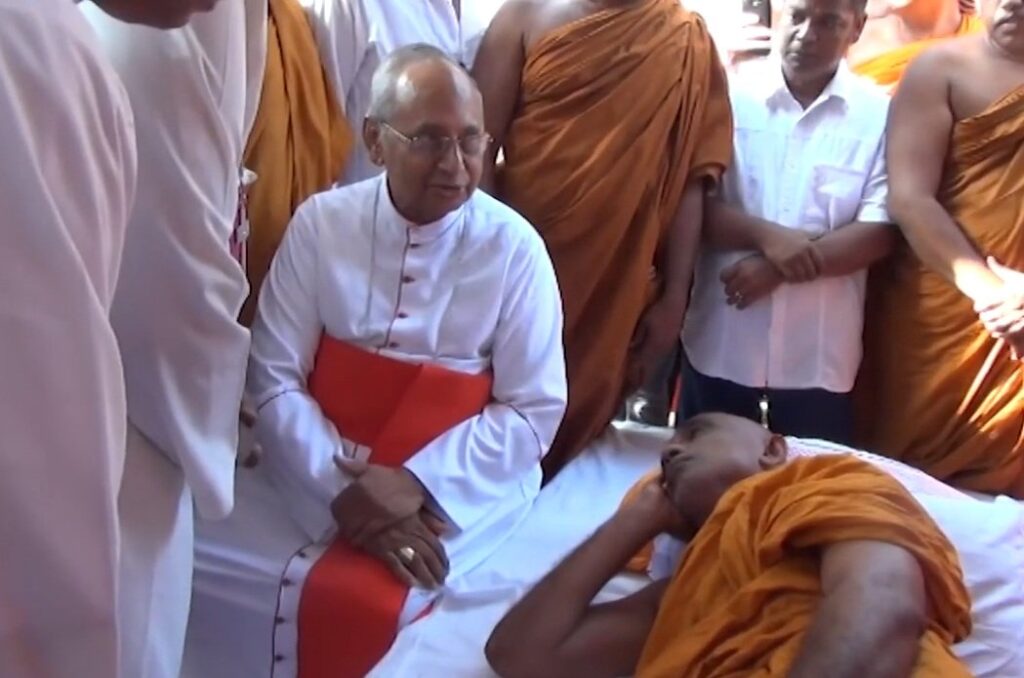
Conduct of Politico Monks
Since its inception, internal conflicts have been the order of the day for JHU. Similarly, the conduct of the Monks in Parliament has been questioned as they resorted to living a luxurious lifestyle. They received all the privileges that are afforded to Members of the Parliament and no MP Monk has ever declined any such extravagance at least in the name of their great religion. Besides, there had been some confusion as to Parliamentary traditions and practices. In Parliament, the head of the house is the Speaker. When the Speaker takes a seat, the entire house is required to stand to respect the chair. So, in the case of Buddhist Monks who stand above the lay people in status, was the issue at hand. Monks compromised that aspect as well and now they stand up before the Speaker prior to the commencement of each Parliamentary session. In other words, they betrayed their exalted priesthood for mere materialistic gains that entail the members of the Parliament. Before the general election, JHU had two issues on its political agenda namely a call for an independent inquiry into the death of Ven Soma Thero and adoption of an anti-conversion bill at the parliament. JHU along with some other Buddhist organizations successfully pressurized the then government to convene an impartial inquiry into the death of Ven Soma Thero. The panel headed by retired Judge P. Edissuriya conducted the inquiry. But, the three member panel was unable to reach for a conclusive indictment on the death and similarly, the so-called anti-conversion bill never saw the light of the day. Despite all, Buddhist Monks continue to remain in parliament for the best reasons known to them. On top of everything, JHU had its own share of internal disputes from the very beginning. This made two Monks resign from the party in the interim. One such Monk was Ven Uduwe Dhammaloka Thero who opted to remain an independent member in the parliament. Meanwhile, some lay members have also been drafted into the parliament in ensuing elections but the popularity of the party was on decline gradually. However, JHU was instrumental in cutting short the term of President Chandrika Bandaranayake Kumaratunge in 2005. In 2014, JHU decided to withdraw its support to President Mahinda Rajapakse and defected to the UNP backed alliance that brought Maithripala Sirisena to the presidency. Its prominent lay member Champika Ranawaka was thus appointed the Minister of Megapolis & Western Development. JHU went into an alliance with Samagi Jana Balawegaya (SJB), UNP break away party led by Sajith Premadasa at the last general election and today sits in the opposition.
Fragmented JHU & Politics of Monks
Ven Athuraliye Ratana Thero, another prominent member of JHU aligned himself with Ape Jana Balawegaya Party and secured one bonus seat at the last general election. Today, he is in a legal battle with the party which instead appointed firebrand Monk Ven Galagodaaththe Gnanasara Thero to the parliament in place of the aspirant Ven Ratana Thero. In his political journey, Ven Ratana Thero staged a hunger strike in front of scared temple of Tooth Relic, Kandy in the aftermath of Easter Sunday attack, demanding the removal of Minister Rishard Bathiudeen and Governors M.L.AM Hizbullah and Azath Sally from their positions. This resulted in the entire Muslim members of the cabinet resigning in solidarity. Today, Ven Gnanasara has become the unofficial spokesman for the government in power. He whitewashes all sins of the government towing a Sinhala Buddhist line. The government reciprocated his gracious acts by appointing him to the presidential task force on ‘one country one law’ which came for heavy criticism from all quarters especially western countries. As it appears, the present government seems to make use of Buddhist Monks for its own gains. This is a very pathetic story by all means. Recently, a Monk appearing on TV in support of the government’s move to construct a jogging track on the dam of Parakrama Samudra, Polonnaruwa stated that the great reservoir has contributed nothing to the agricultural activities of the area, to the utter dismay of the innocent farmers. Nowadays, there are multitudes of Monks who appear on TV on a regular basis to support or promote the government’s sinister plans or whitewash corrupt politicians. Their articulations are sometimes baseless and have become a laughing stock. There is an emerging dialogue among people that Monks should be banned from politics. But, the government is hell bent on keeping Monks in politics for their own survival. Most recently, the government has made two controversial Vice Chancellor appointments to appease two Monks in distress. In fact, there is a probability that it would lead to Buddhist extremism under the state patronage. Lord Buddha once prophesied that his teaching would survive on earth for 5000 years. Thereafter, his philosophy would slowly go into decay. He added that his own Monks would destroy the Sasana one day. Judging by how things are happening in the present context, his prophecy will be a stark reality even before 5000 years.
